Yes, kittens can eat adult cat food, but it’s not recommended as it may not meet their specific nutritional needs. Kittens require a higher protein and fat content for their growth and development
Feeding them adult cat food may lead to deficiencies in important nutrients critical for their development Can Kittens Eat Adult Cat Food. It’s best to feed kittens with a specially formulated kitten food until they reach adulthood to support their growth and development. Kittens need a diet rich in essential nutrients to support their growth, development, and overall health.
Providing them with specially formulated kitten food ensures they receive the necessary nutrients for their specific life stage and helps to prevent any potential nutritional deficiencies.
Understanding Kitten Nutrition
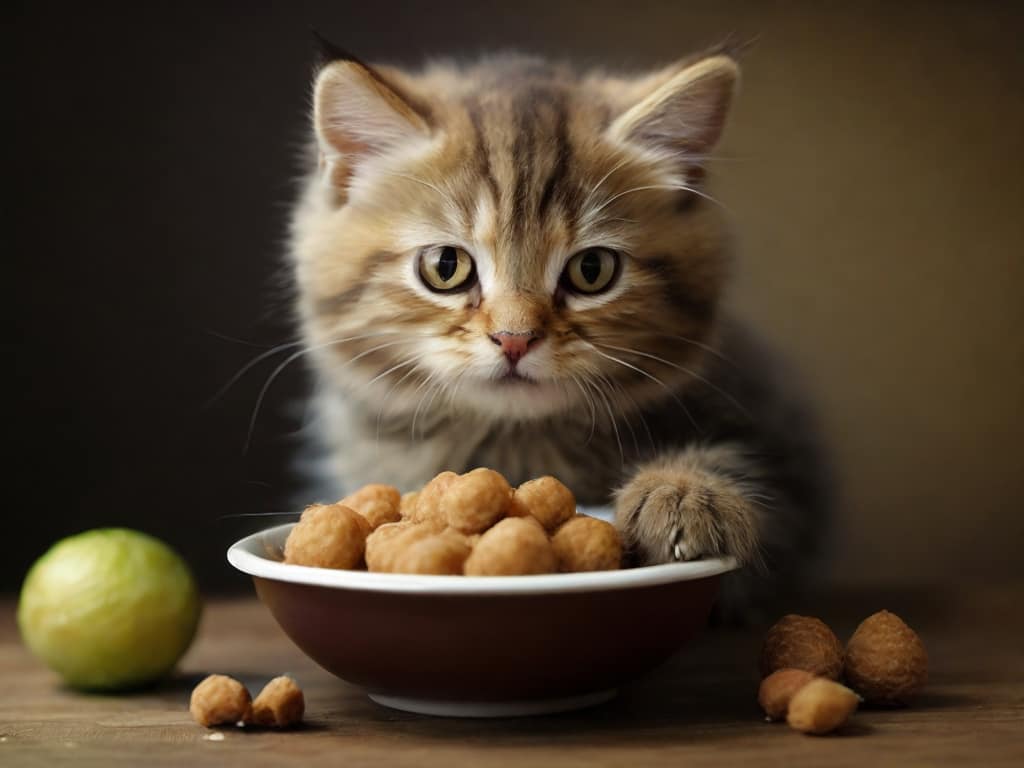
Kittens require a well-balanced and specific diet to support their rapid growth and development. Understanding the nutritional needs of kittens is crucial to ensure their health and well-being. When it comes to feeding kittens, it’s essential to address the importance of a balanced diet and comprehend the differences between kitten and adult cat food.
Importance Of A Balanced Diet
A balanced diet is vital for kittens as it provides the necessary nutrients for their growth, energy, and overall health. This includes a mix of proteins, fats, carbohydrates, vitamins, and minerals to support their developing bodies. Without a balanced diet, kittens may experience stunted growth and potential health issues.
Differences Between Kitten And Adult Cat Food
Understanding the differences between kitten and adult cat food is essential. Kitten food is specially formulated to meet the specific nutritional requirements of young cats, including higher levels of protein, essential fatty acids, and certain vitamins and minerals. On the other hand, adult cat food may not provide the necessary nutrients needed for a kitten’s growth and development.
Feeding Adult Cat Food To Kittens
Feeding adult cat food to kittens is a topic that often sparks debate among cat owners. While adult cat food may seem like a convenient option for feeding kittens, there are important considerations to keep in mind. Understanding the potential risks and concerns as well as the potential nutritional deficiencies in kittens is essential to ensure the health and well-being of your young feline friends.
Potential Risks And Concerns
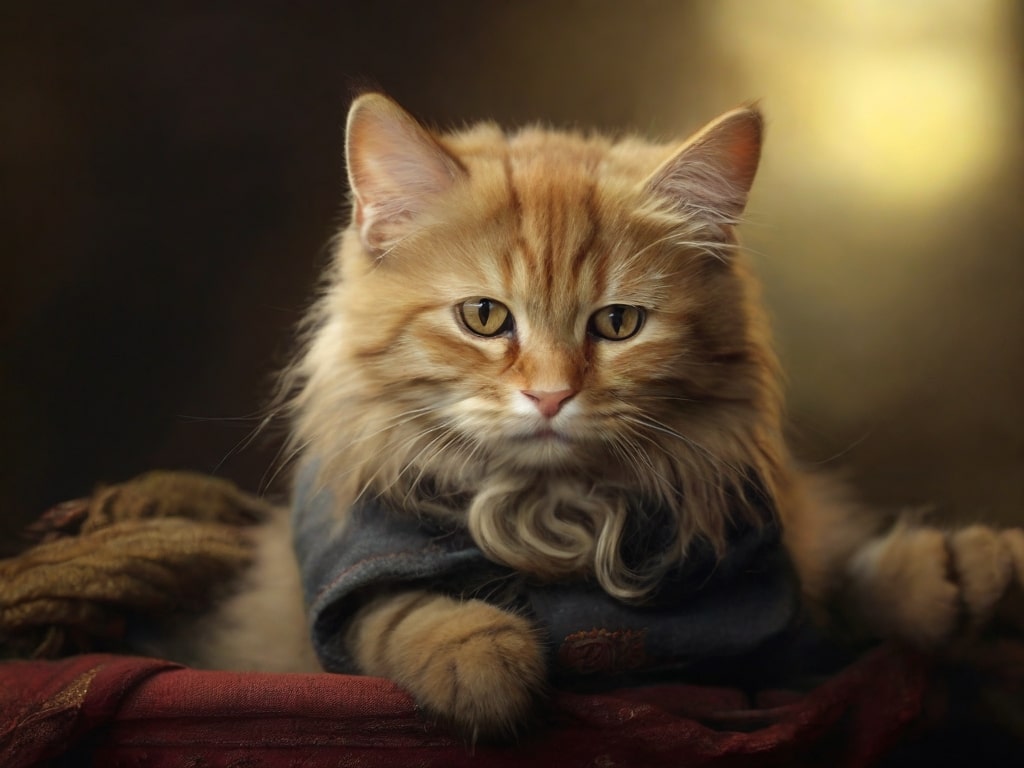
Feeding adult cat food to kittens can pose potential risks and concerns. Kittens require a specific balance of nutrients, including higher levels of protein, fat, and certain vitamins and minerals, to support their rapid growth and development. Adult cat food may not provide adequate levels of these essential nutrients, potentially leading to deficiencies and health issues in young kittens. Additionally, the size and texture of adult cat kibble may be challenging for kittens to consume, leading to choking hazards or digestive issues.
Nutritional Deficiencies In Kittens
When kittens are fed adult cat food, they may experience nutritional deficiencies. These deficiencies can impact their overall growth, immune system development, and organ function. Lack of essential nutrients such as protein, taurine, and certain vitamins and minerals can result in stunted growth, weakened immune response, and long-term health issues. It’s vital to ensure that kittens receive a diet tailored to their specific nutritional needs to support their growth and development during the crucial early stages of life.
Transitioning Kittens To Adult Cat Food
When it comes to your kitten’s diet, it is important to understand the gradual introduction of new food and how to smoothly transition them to adult cat food. As kittens grow, their nutritional needs change, and it becomes necessary to switch their diet from kitten food to adult cat food. However, a sudden change in food can upset their delicate digestive system, leading to potential health issues.
Gradual Introduction Of New Food
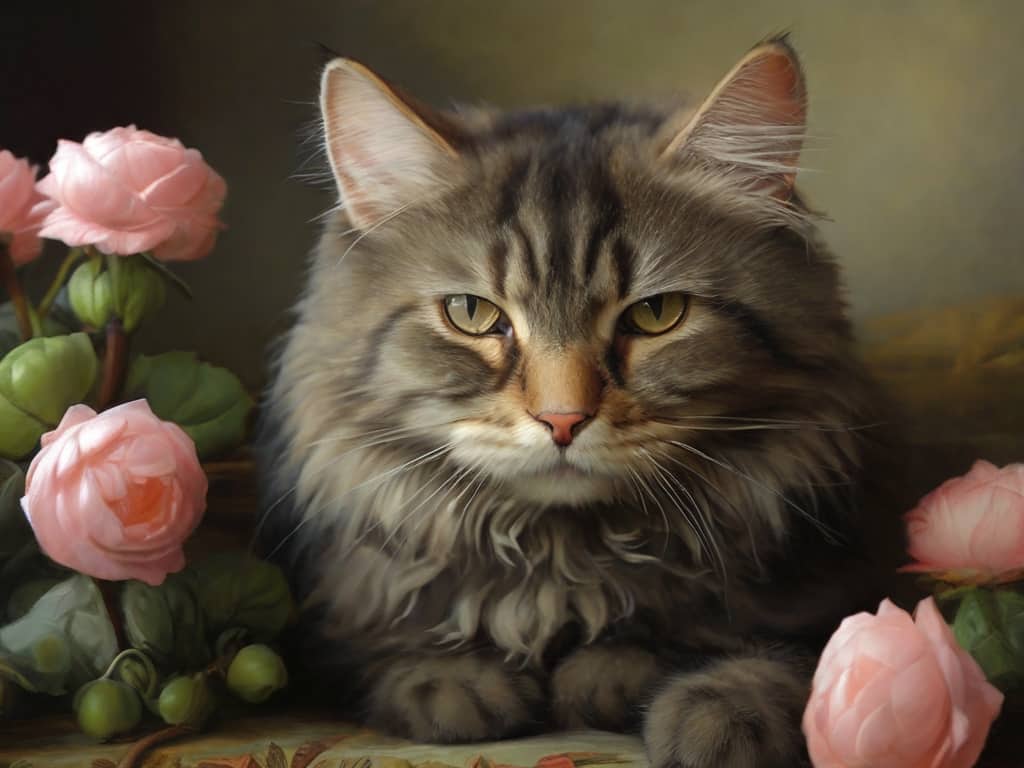
To ensure a smooth transition, it is crucial to introduce adult cat food gradually to your kitten’s diet. Abruptly switching from kitten food to adult cat food can cause digestive upset and refusal to eat. Here’s how you can make the transition easier:
- Start by mixing a small amount of adult cat food with your kitten’s regular food. Aim for a ratio of 75% kitten food and 25% adult cat food.
- Gradually increase the proportion of adult cat food over several days or weeks.
- Observe your kitten’s reaction and appetite during the transition period. If they show any signs of digestive discomfort or reluctance to eat, slow down the transition process.
Tips For A Smooth Transition
To ensure a smooth transition and prevent any feeding issues, here are some helpful tips:
- Consult with your veterinarian before making any changes to your kitten’s diet. They can provide valuable guidance and recommend the appropriate time to start the transition.
- Monitor your kitten’s weight and overall health during the transition period. Consult your vet if you notice any significant changes or concerns.
- Ensure that the adult cat food you choose meets the nutritional requirements for growing kittens. Look for diets specifically labeled for “all life stages” or “growth and reproduction” to ensure they have the necessary nutrients.
- Stick to a consistent feeding schedule and avoid free-feeding to establish a routine for your kitten.
- Offer plenty of fresh water at all times to keep your kitten hydrated.
- Provide a balanced diet that includes both wet and dry adult cat food to meet your kitten’s nutritional needs.
- Observe your kitten’s behavior and appetite closely during the transition. If you notice any unusual changes or concerns, consult with your veterinarian.
Alternatives To Adult Cat Food
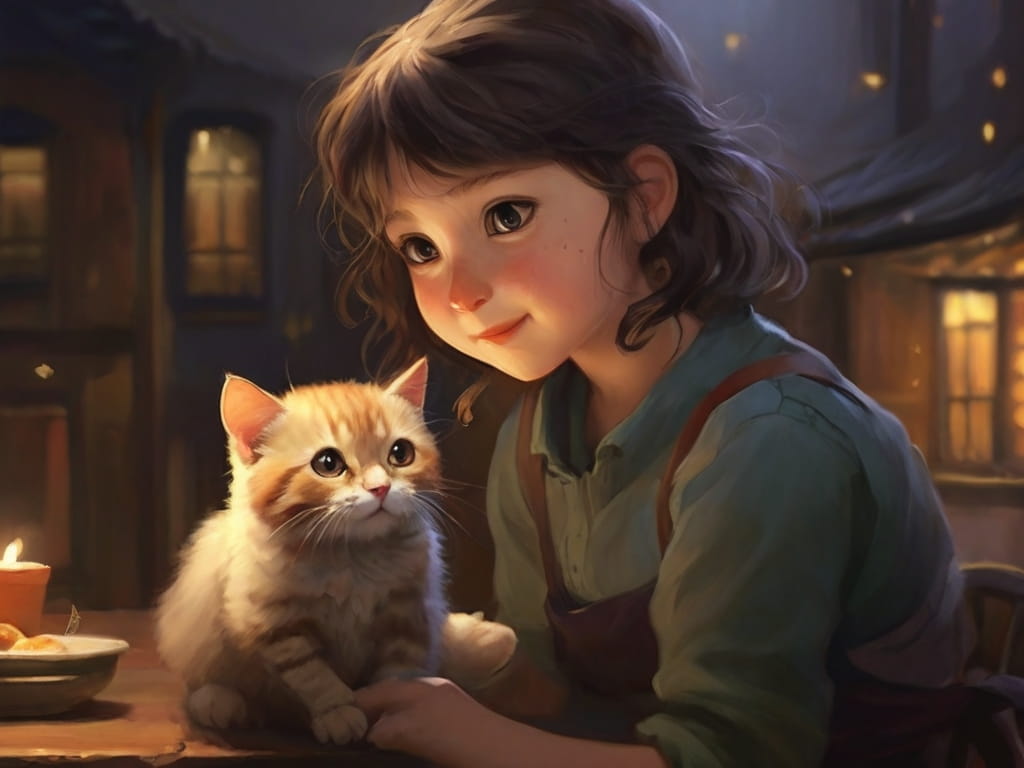
Kittens should not eat adult cat food as it may not provide them with the necessary nutrients for their growth and development. There are alternative options available, such as specialized kitten food, formulated to meet their specific nutritional needs.
While adult cat food provides essential nutrients for feline health, it may not be suitable for kittens, who have unique dietary requirements. Fortunately, there are alternative options available that cater specifically to the developmental needs of kittens. These alternatives include specialized kitten food options and homemade kitten food recipes.
Specialized Kitten Food Options
Specialized kitten food options are specifically formulated to meet the nutritional needs of growing kittens. They contain higher levels of proteins, fats, and essential vitamins and minerals that support proper growth and development. Additionally, they usually come in smaller kibble sizes or wet food textures that are easier for young kittens to consume and digest.
When choosing specialized kitten food, it is important to consider factors such as your kitten’s age, breed, and any specific dietary requirements or preferences. Look for kitten food brands that offer a well-balanced diet with high-quality ingredients. You may also want to consult your veterinarian to ensure you are selecting the most suitable option for your furry friend.
Homemade Kitten Food Recipes
If you prefer to have more control over the ingredients in your kitten’s food or want to provide a variety of flavors, homemade kitten food recipes can be a great alternative. However, it is crucial to make sure that the recipes are balanced and meet all the necessary nutritional requirements.
Here is an example of a simple homemade kitten food recipe:
| Ingredients | Measurements |
| Chicken breast or lean ground meat | 1/4 cup |
| Cooked rice or quinoa | 1/4 cup |
| Pureed vegetables (such as carrots or peas) | 1 tablespoon |
| Kitten-safe multivitamin supplement | As directed |
| Water | As needed for consistency |
- Cook the meat thoroughly and let it cool.
- Once cooled, chop the meat into small, kitten-sized pieces.
- In a separate bowl, mix the cooked rice or quinoa, pureed vegetables, and kitten-safe multivitamin supplement.
- Add the chopped meat to the bowl and mix everything together.
- If needed, gradually add water to achieve a suitable consistency.
This homemade kitten food recipe should be served fresh and stored in the refrigerator for up to three days. It is essential to carefully monitor your kitten’s reaction to the recipe to ensure it agrees with their digestive system and doesn’t cause any adverse effects. Consulting with your veterinarian about homemade kitten food is always a wise step.
Guidelines For Feeding Kittens
Kittens have specific dietary needs to support their growth and development. Feeding them the right food from an early age is crucial for their overall health and well-being. In this article, we will discuss the guidelines for feeding kittens, including recommended feeding schedule and portion control.
Recommended Feeding Schedule
Establishing a regular feeding schedule is important for kittens to develop a healthy eating routine. Here is a recommended feeding schedule for kittens:
| Age | Number of Meals |
| 4-8 weeks | 4 meals per day |
| 8-12 weeks | 3 meals per day |
| 3-6 months | 2 meals per day |
Portion Control For Kittens
Proper portion control is essential to ensure that kittens receive the right amount of nutrients without overeating. Here are some guidelines to follow:
- Provide the recommended amount of kitten food as stated on the packaging.
- Divide the daily portion into several small meals throughout the day.
- Monitor your kitten’s weight and adjust the portion size accordingly. Too much or too little food can lead to health problems.
- Always provide fresh water for your kitten to stay hydrated.
Remember to consult your veterinarian for specific feeding recommendations based on your kitten’s age, breed, and overall health condition. Following these guidelines will ensure that your kitten receives the appropriate nutrition they need for optimal growth and development.
Common Digestive Issues In Kittens
When it comes to providing the right nutrition for kittens, it’s important to understand the common digestive issues that they may experience. These little furballs can be quite sensitive, and certain foods can trigger various problems such as diarrhea and vomiting, as well as signs of food intolerance or allergies.
Diarrhea And Vomiting
Diarrhea and vomiting are two common digestive issues that kittens might encounter. These symptoms can be caused by a variety of factors, including dietary changes or the introduction of new food. It’s crucial to pay attention to your kitten’s stool and vomiting frequency, as it can be an indication of an underlying problem.
Signs to look out for:
- Loose or watery stools
- Frequent bowel movements
- Loss of appetite
- Lethargy or weakness
If your kitten experiences diarrhea or vomiting, it is essential to consult with a veterinarian. They can help determine the cause and provide appropriate treatment.
Signs Of Food Intolerance Or Allergies
Kittens, just like adult cats, can develop food intolerances or allergies. Some kittens may have trouble digesting certain ingredients, leading to an array of symptoms that can be unsettling for both you and your furry friend.
Common signs of food intolerance or allergies in kittens include:
- Itchy or inflamed skin
- Excessive scratching or licking
- Rash or hives
- Ear infections
- Gastrointestinal issues (diarrhea, vomiting)
If you suspect your kitten might have a food intolerance or allergy, it is crucial to visit a veterinarian. They can help determine the specific ingredient causing the reaction and guide you towards appropriate dietary adjustments.
Health Risks Of Feeding Inappropriate Food
Feeding inappropriate food to kittens can have serious health implications. It’s important to understand the health risks associated with feeding adult cat food to kittens. Here’s a look at the potential health issues that may arise from this practice.
Impact On Growth And Development
Kittens have specific nutritional requirements for their growing bodies. Feeding them adult cat food can lead to deficiencies in essential nutrients, which are crucial for their growth and development. Without these important nutrients, kittens may experience stunted growth and fail to reach their full potential size and weight. This can also lead to weakened immune systems, making them more susceptible to illnesses and diseases.
Potential Long-term Health Issues
Feeding adult cat food to kittens may result in long-term health problems. The lack of proper nutrients can lead to skeletal and muscular problems. Inappropriate food can also cause digestive issues and contribute to obesity, as kittens may overeat in an attempt to meet their nutritional needs if the food lacks essential nutrients.
Consulting With A Veterinarian
Consulting with a veterinarian before making any significant changes to your kitten’s diet is crucial. A professional can provide expert guidance that takes into account your kitten’s unique needs and health status. This ensures that the dietary recommendations are tailored to support their optimal growth and development.
Professional Advice On Kitten Nutrition
Your veterinarian can offer professional advice on kitten nutrition, addressing concerns such as the appropriateness of adult cat food for your kitten. They can evaluate your kitten’s current health status and growth stage, and recommend suitable dietary adjustments based on these factors. This personalized guidance from a veterinary professional ensures that you can make informed decisions regarding your kitten’s diet.
Specific Dietary Recommendations
During your consultation, your veterinarian may provide specific dietary recommendations for your kitten. This could include advice on the types and quantities of food to offer, as well as essential nutrients that should be included in their diet. By following these specific recommendations, you can ensure that your kitten receives the necessary nourishment for healthy growth and development.
one Best Kittens Eat Adult Cat Food
Purina Pro Plan Weight Control Dry Cat Food, Chicken and Rice Formula – 3.5 lb. Bag
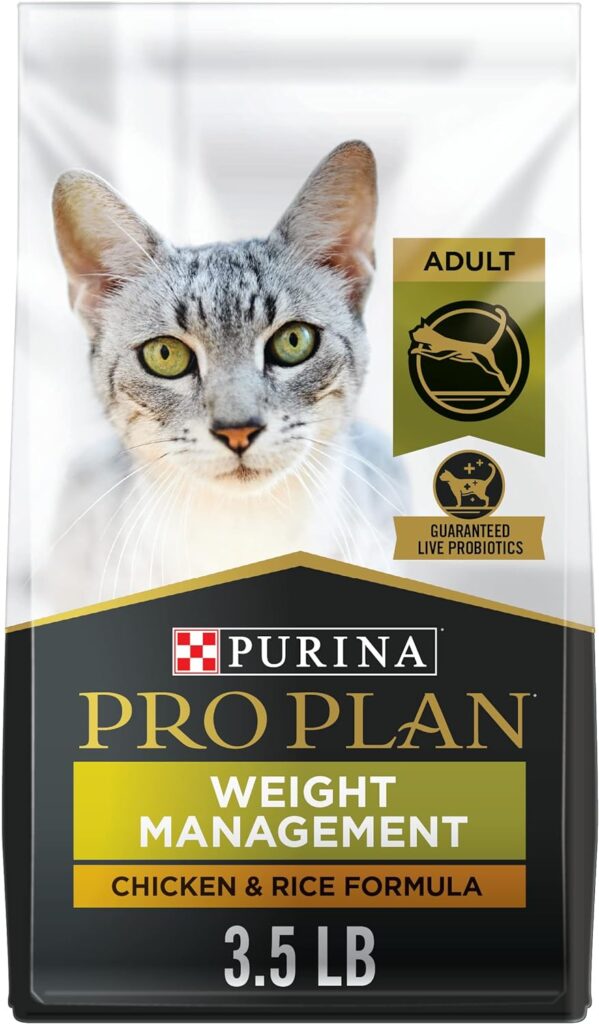
Frequently Asked Questions Of Can Kittens Eat Adult Cat Food?
Can Kittens Eat Adult Cat Food?
Kittens should not eat adult cat food as it lacks the necessary nutrients for their growth and development. They require higher levels of protein and calories. It is essential to provide them with specially formulated kitten food until they reach adulthood.
What Happens If Kittens Eat Adult Cat Food?
If kittens eat adult cat food, they may experience nutritional deficiencies, leading to stunted growth and a weakened immune system. Additionally, adult cat food can be harder for kittens to digest, causing digestive issues such as diarrhea or constipation. It is important to feed them age-appropriate kitten food.
When Can Kittens Start Eating Adult Cat Food?
Kittens can start eating adult cat food once they reach adulthood, usually around 12 months of age. This transition should be done gradually, mixing small amounts of adult cat food into their kitten food over a period of several weeks. Consult with your veterinarian for specific recommendations.
Conclusion
So, can kittens eat adult cat food? While it may seem tempting to provide them with the same food as adult cats, it’s important to consider their specific nutritional needs. Kittens require a diet that is rich in certain nutrients, such as protein and fat, to support their growth and development.
Therefore, it’s best to stick to specially formulated kitten food until they reach adulthood. Remember to consult with your veterinarian for personalized advice on the best diet for your furry friend.

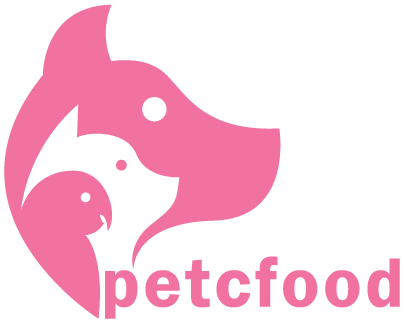
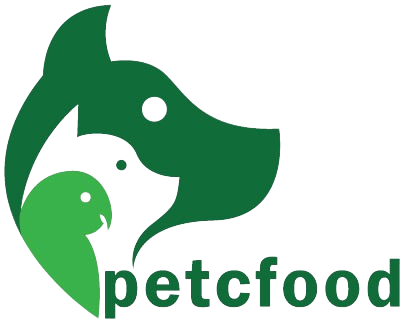
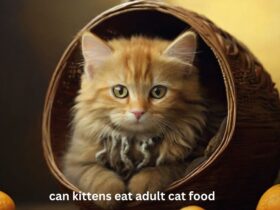
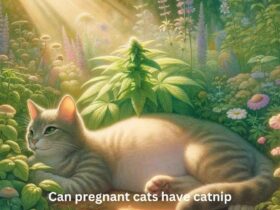

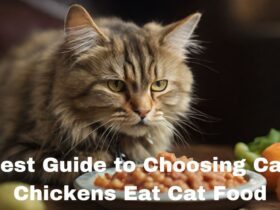




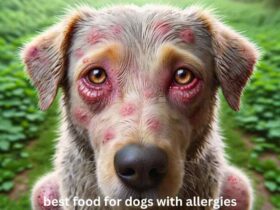

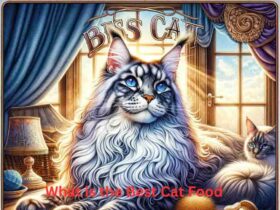
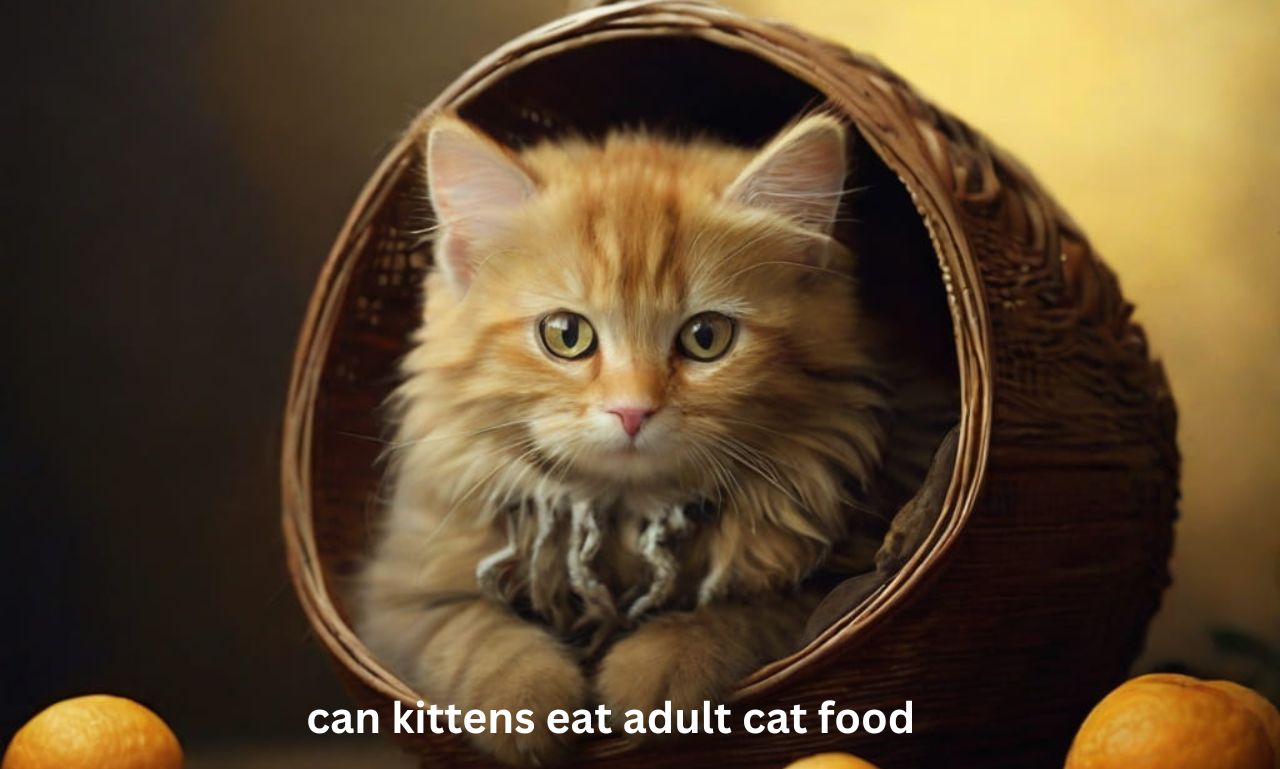
Leave a Review